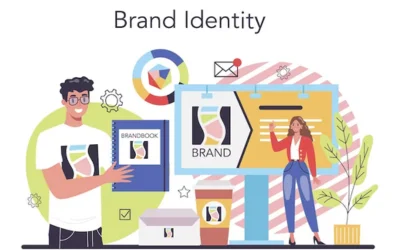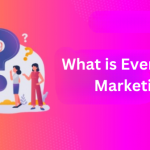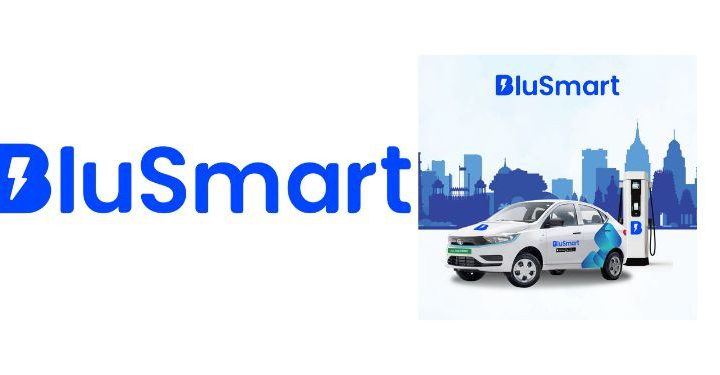The Importance of Branding at Events
3 min read
The Importance of Branding at Events
Branding at events is more than just showcasing your logo or handing out promotional materials; it’s about creating a memorable experience that leaves a lasting impression on attendees. At MyHoardings, we understand the critical role branding plays in event marketing and how it can elevate your business to new heights. Here’s why branding at events is so important and how it can benefit your business.
1. Creates a Strong First Impression
First impressions matter, especially at events where potential customers, partners, and stakeholders gather. Effective branding helps create a strong first impression, setting your business apart from competitors. A well-branded presence with consistent visuals, messaging, and experiences ensures that attendees recognize and remember your brand long after the event concludes.

2. Enhances Brand Recognition
Consistent and strategic branding at events enhances brand recognition. When your brand elements such as logos, colors, and taglines are prominently displayed, attendees start associating these elements with your business. Repeated exposure at multiple events further strengthens this recognition, making your brand more familiar and trustworthy.
3. Builds Emotional Connections
Events offer a unique opportunity to build emotional connections with your audience. Through engaging and immersive branding experiences, you can evoke emotions that resonate with attendees. Whether it’s through interactive displays, memorable activities, or personal interactions, these emotional connections can foster brand loyalty and turn attendees into advocates.
4. Communicates Your Brand Values
Branding at events provides a platform to communicate your brand values and message effectively. Through your booth design, promotional materials, and interactions, you can convey what your brand stands for and what it offers. Clear and consistent communication of your brand values helps build a positive perception and trust among attendees.
5. Differentiates Your Brand from Competitors
In a crowded event space, standing out is crucial. Effective branding differentiates your brand from competitors, making it easier for attendees to identify and remember you. Unique and creative branding strategies can make your booth or presence the highlight of the event, attracting more foot traffic and engagement.
6. Drives Engagement and Interaction
Strong branding at events drives engagement and interaction with your target audience. Engaging branding elements such as interactive displays, branded giveaways, and experiential activities encourage attendees to spend more time at your booth. This increased interaction provides more opportunities to showcase your products or services and convert leads into customers.

7. Provides Long-Term Benefits
The benefits of branding at events extend beyond the event itself. Memorable branding experiences create lasting impressions that can influence future purchasing decisions and brand loyalty. Additionally, positive word-of-mouth from event attendees can further amplify your brand’s reach and impact.
Conclusion
Branding at events is a powerful tool that can create strong first impressions, enhance brand recognition, build emotional connections, communicate brand values, differentiate your brand, drive engagement, and provide long-term benefits. At MyHoardings, we specialize in crafting impactful branding strategies for events that elevate your business and leave a lasting impact. Contact us today to learn how we can help you maximize the importance of branding at your next event.
MyHoardings is a leading ad agency specializing in innovative advertising solutions. With a proven track record of success, we help brands connect with their target audience through strategic event advertising and branding. Visit our website to learn more about our services and how we can elevate your advertising campaigns.
Event Sponsorship Options
7 steps of sales strategy
|













